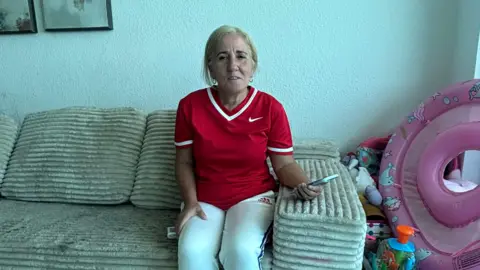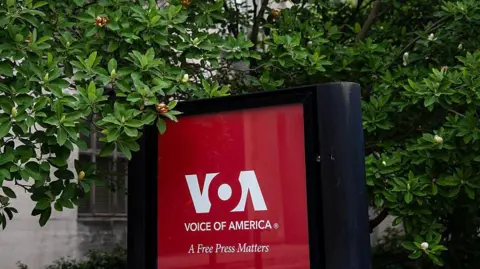Large areas of Southeast Asia remain hazardous due to unexploded bombs dating back to the Vietnam War, an issue that continues to inflict suffering on local populations decades after the conflict ended. It has been reported that these deadly remnants of war have resulted in tens of thousands of casualties, many injuries, and immense challenges for those living in affected regions.
Recently, the U.S. State Department announced the suspension of global mine-clearing programs for at least three months, a disruption linked to a broader halt in U.S. foreign aid initiated by the Trump administration. This funding freeze raises alarms about the already perilous state of communities still battling the legacy of unexploded ordnance, littered throughout Vietnam, Cambodia, and Laos. Historically, the United States has allocated over $750 million over the last thirty years to facilitate these life-saving clearance efforts.
Bill Morse, co-founder of the Cambodian Self Help Demining organization, expressed grave concerns about the consequences of the funding freeze, stating, “There is a good chance people are going to die. Somebody is going to walk into a minefield that should have been cleared this week, boom.” Such warnings highlight the urgency of the situation as demining teams grapple with the enormity of the task ahead.
In Vietnam, officials expressed disbelief at the funding cut. Tran Phu Cuong, who leads a government agency overseeing international aid, underscored that the lingering effects of the Vietnam War, exacerbated by unexploded bombs and the chemical agent known as Agent Orange, continue to affect Vietnamese lives.
As the world watches, the suspension of mine-clearing funding raises critical questions about the safety of vulnerable communities still afflicted by the remnants of war. Without immediate action, the humanitarian impact of unexploded ordnance could deepen in the coming months, further complicating the region's recovery from a conflict that ended over 50 years ago.
Recently, the U.S. State Department announced the suspension of global mine-clearing programs for at least three months, a disruption linked to a broader halt in U.S. foreign aid initiated by the Trump administration. This funding freeze raises alarms about the already perilous state of communities still battling the legacy of unexploded ordnance, littered throughout Vietnam, Cambodia, and Laos. Historically, the United States has allocated over $750 million over the last thirty years to facilitate these life-saving clearance efforts.
Bill Morse, co-founder of the Cambodian Self Help Demining organization, expressed grave concerns about the consequences of the funding freeze, stating, “There is a good chance people are going to die. Somebody is going to walk into a minefield that should have been cleared this week, boom.” Such warnings highlight the urgency of the situation as demining teams grapple with the enormity of the task ahead.
In Vietnam, officials expressed disbelief at the funding cut. Tran Phu Cuong, who leads a government agency overseeing international aid, underscored that the lingering effects of the Vietnam War, exacerbated by unexploded bombs and the chemical agent known as Agent Orange, continue to affect Vietnamese lives.
As the world watches, the suspension of mine-clearing funding raises critical questions about the safety of vulnerable communities still afflicted by the remnants of war. Without immediate action, the humanitarian impact of unexploded ordnance could deepen in the coming months, further complicating the region's recovery from a conflict that ended over 50 years ago.



















